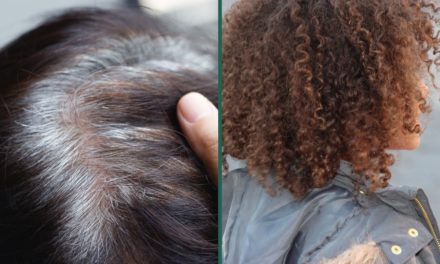Introduction
Dandruff is a common scalp condition that affects millions of people across the world. It is characterized by the presence of white or yellow patches on the scalp, accompanied by itching and burning. Although dandruff is not a serious health problem, it can be embarrassing and distressing for those who are experiencing it. In this article, we will provide a comprehensive overview of dandruff, including its causes, symptoms, effects on scalp health, and available treatment options. By shedding light on the condition, we aim to empower individuals to recognize the symptoms, take proper scalp care, and find effective solutions to manage and prevent dandruff.
Understanding dryness
Dandruff is a scalp condition characterized by shedding of dead skin cells in the form of visible flakes. These flakes can appear on the scalp and can be noticeable on hair and clothes.
Common Causes of Dandruff
- Seborrheic dermatitis: Seborrheic dermatitis is a common skin condition that affects the scalp, causing redness, itching and flaking.
- Malassezia yeast overgrowth: An overabundance of Malassezia yeast on the scalp can contribute to the formation of dandruff.
- Dry scalp: A dry scalp can be itchy and itchy, which is often exacerbated by factors such as cold weather or frequent shampooing.
- Hair product sensitivity: Some hair care products, especially those that contain harsh chemicals, can irritate the scalp and trigger dryness.
Recognize the symptoms of dandruff
The main symptom of dandruff is the appearance of patches on the scalp, often accompanied by itching and burning.
Effects on scalp health
Dandruff can cause discomfort and itching of the scalp, which can lead to itching and further skin irritation. This can lead to an unhealthy scalp environment and aggravate the condition.
Finding proper scalp care
If you experience constant dryness or scalp discomfort, proper scalp care is essential. Simple changes to your hair care routine can often make a significant difference in managing dandruff.
Dandruff treatment options
- Medicated shampoo: Over-the-counter shampoos containing active ingredients such as zinc pyrithione, selenium sulfide, ketoconazole, or coal tar can help control dandruff.
- Natural Remedies: Some people find relief from dandruff with natural remedies like tea tree oil, aloe vera, or apple cider vinegar.
- Antifungal creams: In severe cases of dandruff caused by fungal overgrowth, an antifungal cream or ointment may be recommended.
- Moisturizing and hydrating the scalp: Regularly moisturizing the scalp with light oils or scalp treatments can help relieve dryness and reduce frizz.
- Avoid harsh hair products: Choosing hair care products that are gentle on the scalp and non-irritating can help prevent dandruff flare-ups.
Precautions
Maintaining good scalp hygiene, avoiding frequent and harsh shampoos, and following a healthy diet can keep the scalp healthy and reduce the risk of dandruff.
Result
Dandruff is a common scalp condition that can be uncomfortable and embarrassing. By understanding the causes, symptoms, effects on scalp health, and available treatment options for dandruff, individuals can take proactive steps for proper scalp care and find effective solutions to manage and prevent dandruff. Simple changes to your hair care routine, such as using medicated shampoos or natural remedies, can often help control dandruff effectively. Together, let’s make awareness a priority, promote an open conversation about scalp health, and empower individuals to adopt healthy scalp care, ensuring that they’re able to take care of their scalp in one fell swoop. Look clean and confident.










